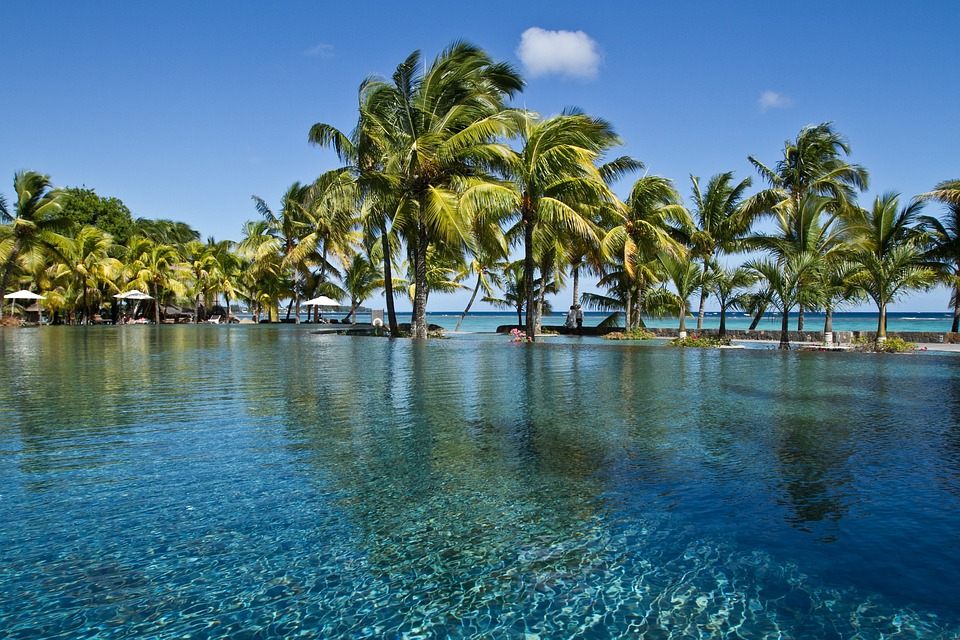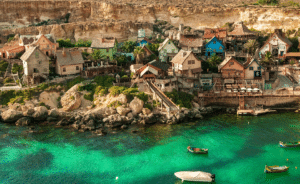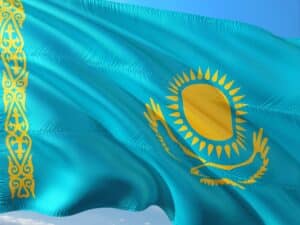Mauritius is a small island nation located in the Indian Ocean and is becoming an increasingly popular destination for those looking to live and work overseas. The country offers a tropical climate, stunning beaches, and a relatively low cost of living, making it an attractive option for expatriates. In this article, we will explore the cost of living in Mauritius, including the average cost of purchasing or renting a home, as well as the personal and corporate tax implications for foreigners. We will also outline the steps for becoming a resident and tax resident in Mauritius.
About Mauritius
Mauritius is a small island nation located in the Indian Ocean, approximately 2,000 km east of Madagascar. It is known for its stunning beaches, lush tropical rainforests, and vibrant culture. The country has a warm and stable climate throughout the year, with temperatures ranging from 20-30°C. This, combined with its friendly locals and low crime rates, make it a popular destination for expatriates and tourists alike.

Cost of living
The cost of living in Mauritius is relatively low compared to many Western countries, with the average cost of a two-bedroom apartment in the city center ranging from $800 to $1,200 per month. Outside of the city center, the cost of living is even lower, with rental prices starting from $500 per month for a two-bedroom apartment. The average cost of purchasing a home in Mauritius is around $200,000.
Personal Taxes for Foreigners
Foreigners moving to Mauritius will be subject to the country’s personal income tax laws, which range from 0% to 15% depending on the individual’s taxable income. It is important to note that taxes on foreign income may also apply, and it is advisable to consult with a tax professional to determine the exact tax implications. The tax system in Mauritius is based on a progressive tax rate, meaning that the more you earn, the higher the tax rate you will pay. For example, individuals earning less than Rs 1,500,000 per year are taxed at a rate of 0%, while those earning between Rs 1,500,000 and Rs 5,000,000 are taxed at a rate of 15%.
In addition to income tax, there are also other taxes that may apply to foreigners living in Mauritius, such as property tax, capital gains tax, and wealth tax. Property tax is based on the value of your property, with rates ranging from 0.25% to 0.50% per year. Capital gains tax is applicable on the sale of property, with rates ranging from 15% to 20% depending on the length of ownership. Wealth tax is applicable on the total value of an individual’s assets, with rates ranging from 0.5% to 0.75%.

Corporate Taxes
Foreign companies doing business in Mauritius are subject to the country’s corporate tax laws, which currently stand at 15%. It is important to note that companies may also be subject to other taxes, such as value-added tax (VAT) and social security contributions. It is advisable to consult with a tax professional to determine the exact tax implications for your business.
In addition to the standard corporate tax rate, there are also tax incentives available for certain types of businesses operating in Mauritius. For example, companies engaged in international business activities, such as trading or consulting, may be eligible for a reduced corporate tax rate of 10%. Companies involved in the development of new technology may also be eligible for tax credits and other incentives.

Becoming a Resident and Tax Resident in Mauritius
To become a resident in Mauritius, one must obtain a long-term visa and meet the country’s eligibility criteria, which include having a minimum of $15,000 in yearly income and a clean criminal record. Once a resident, one may apply for tax residency status, which requires a minimum stay of 183 days per year. It is important to note that tax residency status may have implications for tax purposes in your home country, so it is advisable to consult with a tax professional.
The process of becoming a resident in Mauritius can be relatively straightforward, but it is important to carefully consider the eligibility criteria and to plan ahead. For example, it may be necessary to provide proof of income, such as a letter from an employer or bank statement, and to undergo a background check to ensure that you have a clean criminal record. Additionally, you may need to provide proof of health insurance coverage and to obtain a medical certificate.
Once you have met the eligibility criteria and obtained a long-term visa, you can then apply for tax residency status. This requires you to spend a minimum of 183 days per year in Mauritius, and you may be required to provide proof of your residency status, such as a utility bill or rental agreement. It is important to note that tax residency status may have implications for tax purposes in your home country, so it is advisable to consult with a tax professional to ensure compliance with local laws and regulations.









